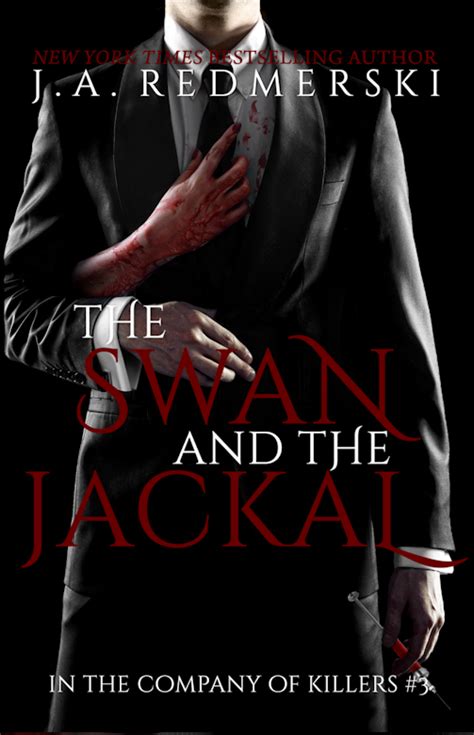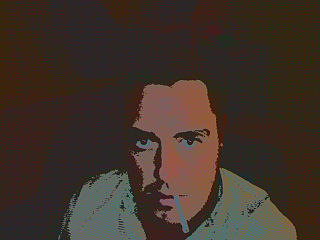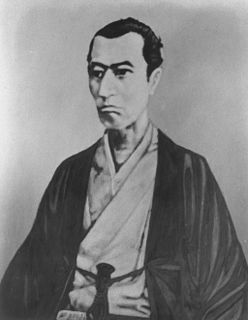A Quote by Barbara Tuchman
[T]he obverse of facile emotion in the 14th century was a general insensitivity to the spectacle of pain and death.
Related Quotes
It’s not only about sadness. In truth, sadness really has little to do with it. Depression is pain in its purest form and I would do anything to be able to feel an emotion again. Any emotion at all. Pain hurts, but pain that’s so powerful that you can’t feel anything anymore, that’s when you start to feel like you’re going crazy.
Don't cling to things, because everything is impermanent... But detachment doesn't mean you don't let the experience penetrate you. On the contrary, you let it penetrate you fully. That's how you are able to leave it...You're afraid of the pain, you're afraid of the grief... But by throwing yourself into these emotions, by allowing yourself to dive in, all the way, over your head even, you experience them fully and completely.You know what pain is. You know what love is. "All right. I have experienced that emotion. I recognize that emotion. Now I need to detach from that emotion for a moment.
If a general and his men fear death and are apprehensive over possible defeat, then they will unavoidably suffer defeat and death. But if they make up their minds, from the general down to the last footsoldier, not to think of living but only of standing in one place and facing death together, then, though they may have no other thought than meeting death, they will instead hold on to life and gain victory.






































